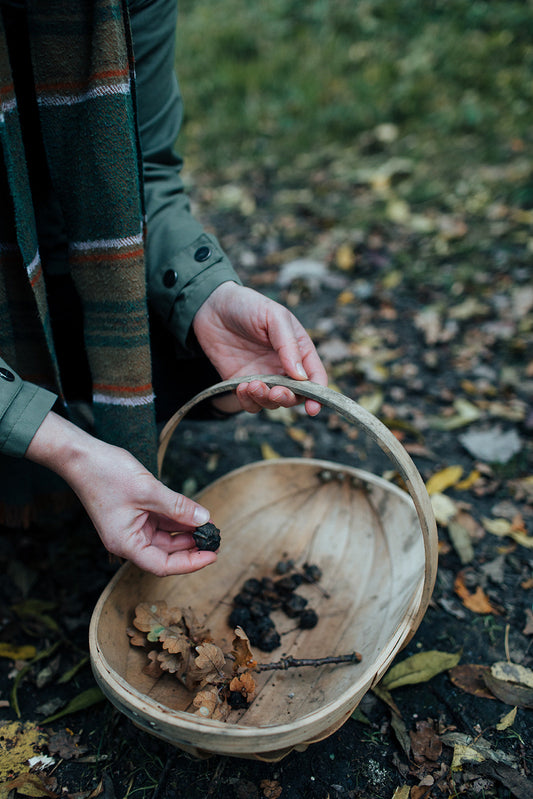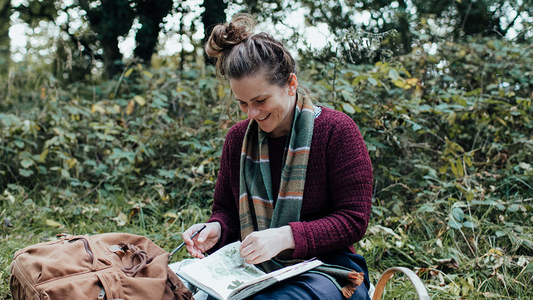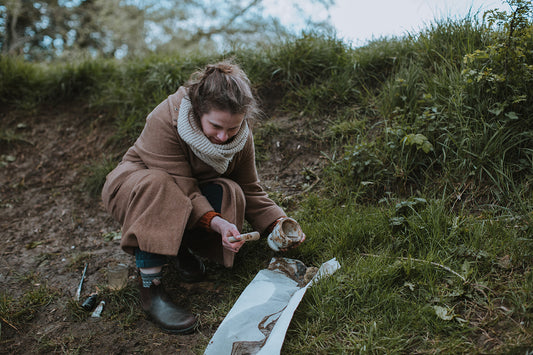"Every carbon atom in every living thing on the planet was produced in the heart of a dying star. When we look out into space, we are looking into our own origins, because we are truly children of the stars."
- Brian Cox, Astrophysicist
I saw the stars move through the sky and therefore sensed the Earth's rotation.
I thought about the 400 year old light entering my eye as I gazed at the Pleiades star cluster and wondered what happened on Earth 400 years ago? (Around that time the Mayflower ship left the UK with passengers set to colonise North America...the implications of which we are still unravelling today).
I noticed the colours of the stars that told me how old these ancient Suns are. I thought of my ancestors and the stories they saw in the sky. For the first time, I felt a sense of comfort from knowing the night sky a bit better: an anchoring and familiarity in the vastness of stars that I'd never felt before. The beginning of a relationship.
I made up my own myths and stories: Orion became an artist studding the night sky with stars as she painted on the inky-blue canvas.
I looked through my binoculars and saw the Orion Nebula - where stars are born.
I thought about the blue giant stars in Orion's Belt and wondered if my descendants in generations to come would see them or if by that point they would have exploded into supernovae.
I watched misty clouds drift over the constellations, and noticed how they carried with them the reflection of light from the nearby City - an orange, glowing veil making the stars difficult to see. A disconnect. I wondered what the night sky would look like without light pollution.
I remembered evenings out with friends aged 19. The feeling of endless possibility mixed with angst.
I nearly cried three times from the memories, the felt connection with our ancestors and the comfort of the stars.
The interconnectedness I felt from my evening of stargazing is an ancient, deep and fundamental human need; we are nature, nature is us.




